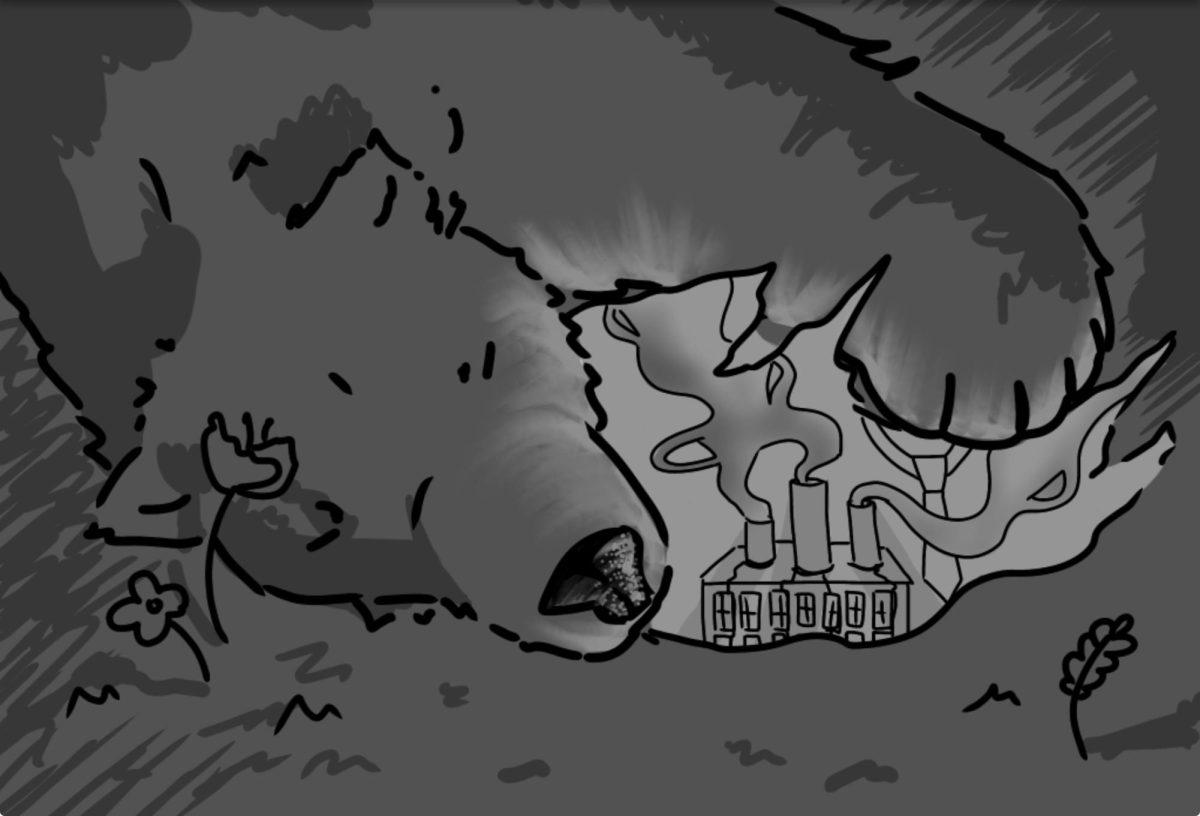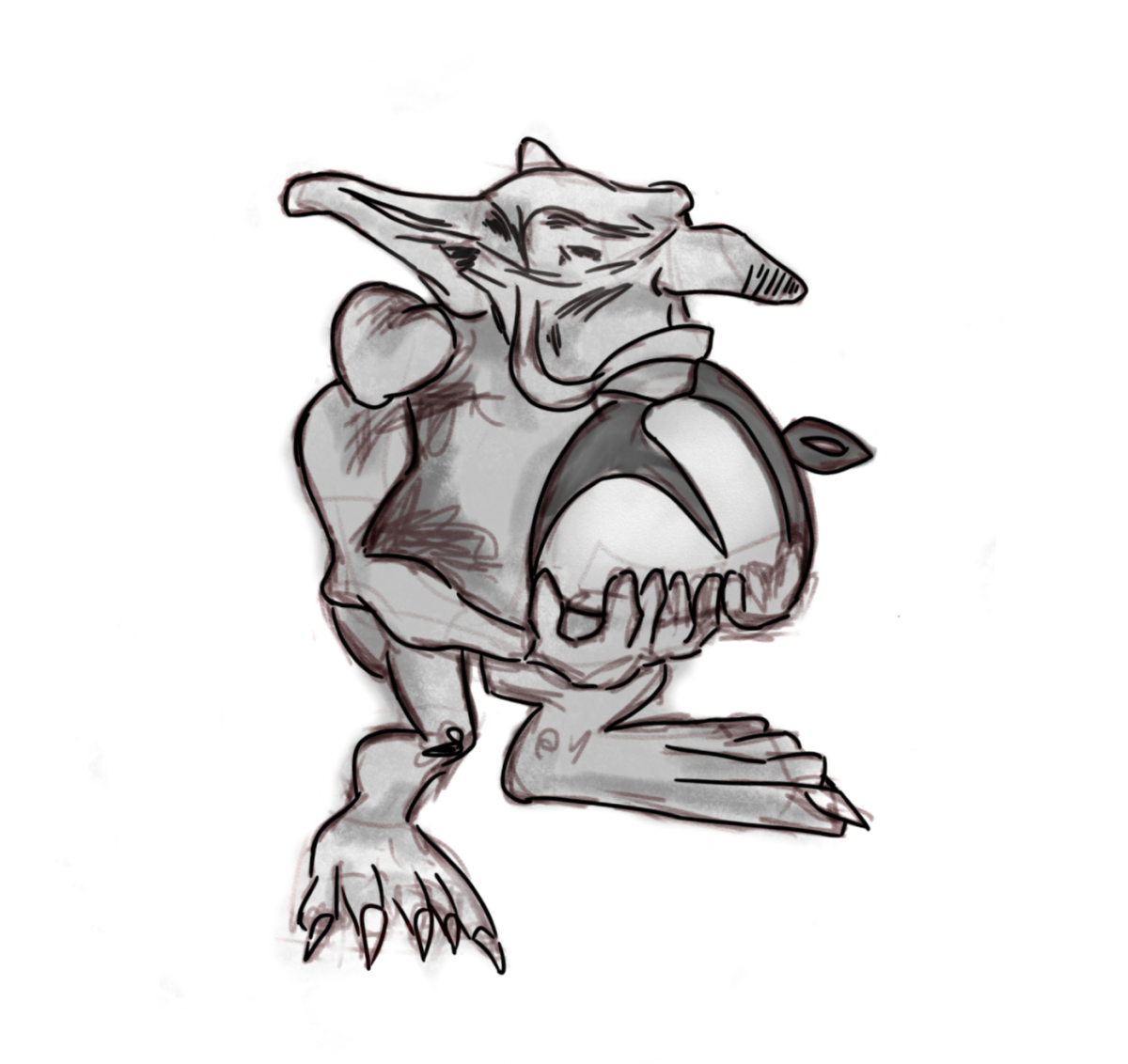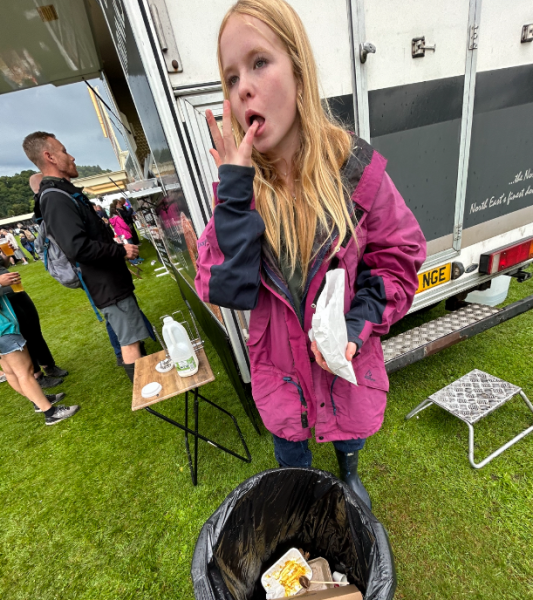In the past decade, an estimated 160 species have gone extinct. It is alarmingly likely that future generations will never have the opportunity to go to the zoo and watch in awe as they see a polar pear for the first time or be mesmerized by the sheer size of elephants. The species who once freely roamed the Earth will soon drop dead and become the myths of the past. The culprits? Humanity.
Since the 18th century, humans have managed to raise the atmospheric CO2 level by 50%. An article from the United Nations showed the true depth of this statistic through the following words: “The world is now warming faster than at any point in recorded history.”
This growth stems from humans’ rapid increase of CO2 emissions. CO2 emissions refer to the type of gas that is released when fossil fuels are burned. The most prominent of the emissions are automobiles, deforestation, and farming livestock. Once emitted, these gasses get trapped inside of Earth’s atmosphere causing a havoc of changes to the environment and our health. Some changes to the environment include drier climates, changes in temperature, an increase of natural disasters, and more pollution.
It is no surprise that California has, in recent years, experienced first hand the effects of this global crisis. Out of all the wildfires in California history, five of the largest happened in 2020 alone. In an article by the National Integrated Drought Information System the author furthers the discussion of humans causing this increas by talking about how from 1996 to 2021 human caused climate change contributed to a 320% increase of burned areas.
Although global warming is causing more wildfires, the wildfires alone also take part in contributing to pollution. Trees have carbon, which means that when they burn they release it furthering the crisis. In 2021, wildfires across the globe released 1.76 billion tons of carbon dioxide. This chain of reactions is not only causing more pollution to heat up our atmosphere, but also creating more burned areas where once thriving species can no longer exist.
The average American emits 16 tons of greenhouse emissions a year. The rest of the human population emits an average of four tons a year. However, America is not the area to suffer the most from global warming’s effects. Although responsible for less than 10% of global emissions, Africa is the most affected continent. Although several tragedies are caused by the emmissions one of the most prominent statistics is that throughout Africa an average of 236,000 newborns do not survive their first month due to air pollution. Air pollution is currently the third most common risk factor for children deaths below the age of five.
In order to decrease these scary statistics there are numerous changes that can be implemented to the average lifestyle. A great way to decrease global emissions is to try and minimize one’s automobile usage. It is the small things like carpooling with a friend who has to get to the same place or biking instead of driving to school that overtime can make a positive impact.
Another step to take is to minimize the amount of dairy and meat products being consumed. Deforestation is one of the leading causes of global warming and is done for the purpose of creating room for cattle and other livestock to be killed and sold. Not to mention that the cattle industry produces about 15% of global greenhouse emissions on their own, not factoring in the percentage caused by deforestation. If the rate at which forests are being chopped down continues at its current rate, it is estimated that the rainforests will completely vanish within the next 100 years, taking with them the majority of organisms and species on the planet. Not only would we lose the beloved animals making up these ecosystems but also the nutrients and food chains humankind desperately relies on. Without these organisms, we would also cease to exist. Even simple acts like unplugging chargers and electronics when not in use are ways to minimize one’s global impact.
It does not always have to be massive changes we make to our lives that make an impact on our environment, but rather everyone participating in doing their part. If we all are able to take steps to better our planet, there is still hope.














